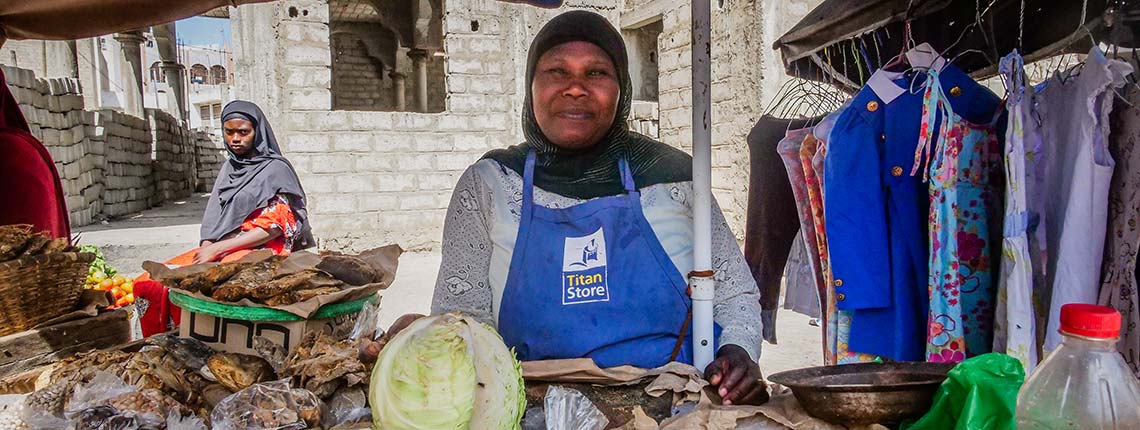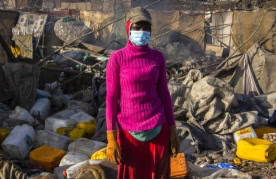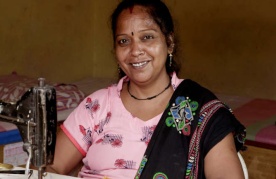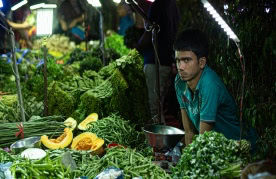By
Adama Soumare
Dakar’s street vendors have united in the PASI platform to assert their rights and propose alternative solutions to the evictions and relocations imposed by the authorities.
Recent Posts
By
Maguette Diop
The restructuring of the Mbeubeuss dump where over 2,000 men and women earn their living is part of Senegal's “acceleration” programme and, despite the president’s commitment to listen to the waste pickers’ demands, these workers will be left behind if they are not included in the project.
By
Marty Alter Chen
To highlight the challenges faced by home-based workers as well as efforts to address these challenges, the WIEGO network commissioned resources designed to support the affiliates of HomeNet International, and other organizations home-based workers, in advocating for secure tenure and basic infrastructure services, including electricity and other sources of energy, at their homes-cum-workplaces.
By
Delhi stands at a critical historical juncture. More than a year after the onset of the COVID-19 crisis and a few months after a devastating second wave of infections, the city remains in a state of crisis. A policy opportunity that comes along only once every two decades – to define a new vision for Delhi’s future – has opened up at this time, allowing for potentially meaningful change.
By
Teresa Marchiori
Governments, preoccupied with guaranteeing the availability of essential goods and services, compiled lists of essential activities that could continue operating during COVID-19 lockdowns. In 21 countries in Africa and 12 countries in Latin America, some form of informal food vending was designated as essential. As cases are rising again, national and local governments should take stock of the good practices and pitfalls that have emerged. But informal food vendors’ role as essential economic actors does not end with the pandemic.
By
Laura Alfers, Nicole Pryor
COVID-19 has exposed government inaction in extending dignity and fairness to informal economy workers in the most brutal way. Let’s take a look inside the policy toolbox governments have used to get workers through the COVID-19 crisis.






